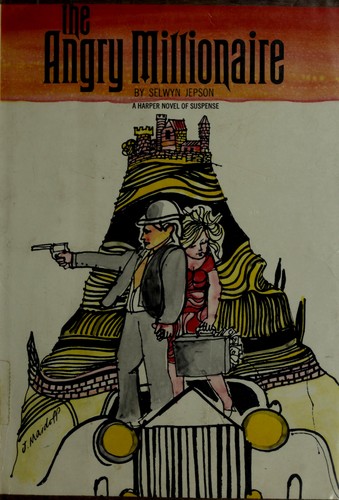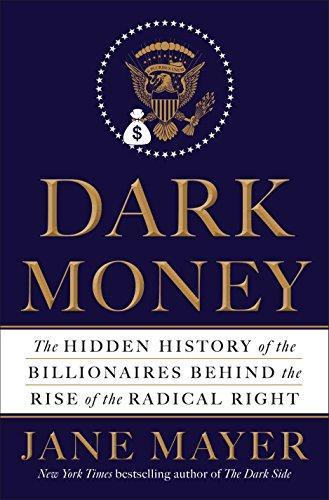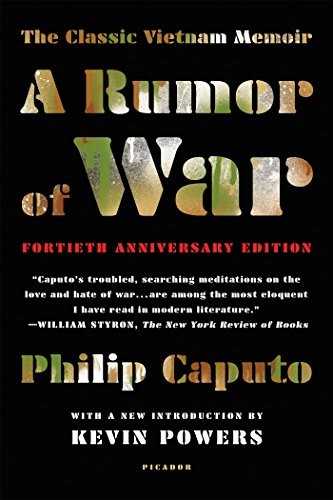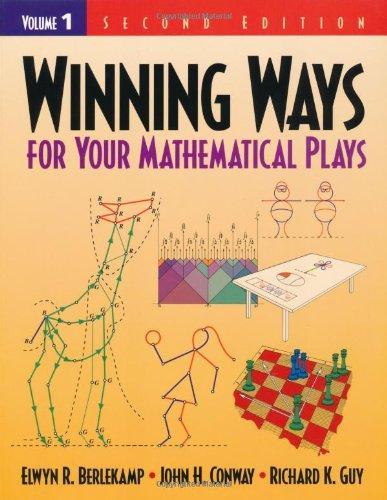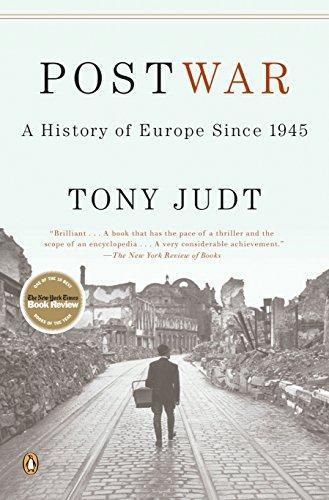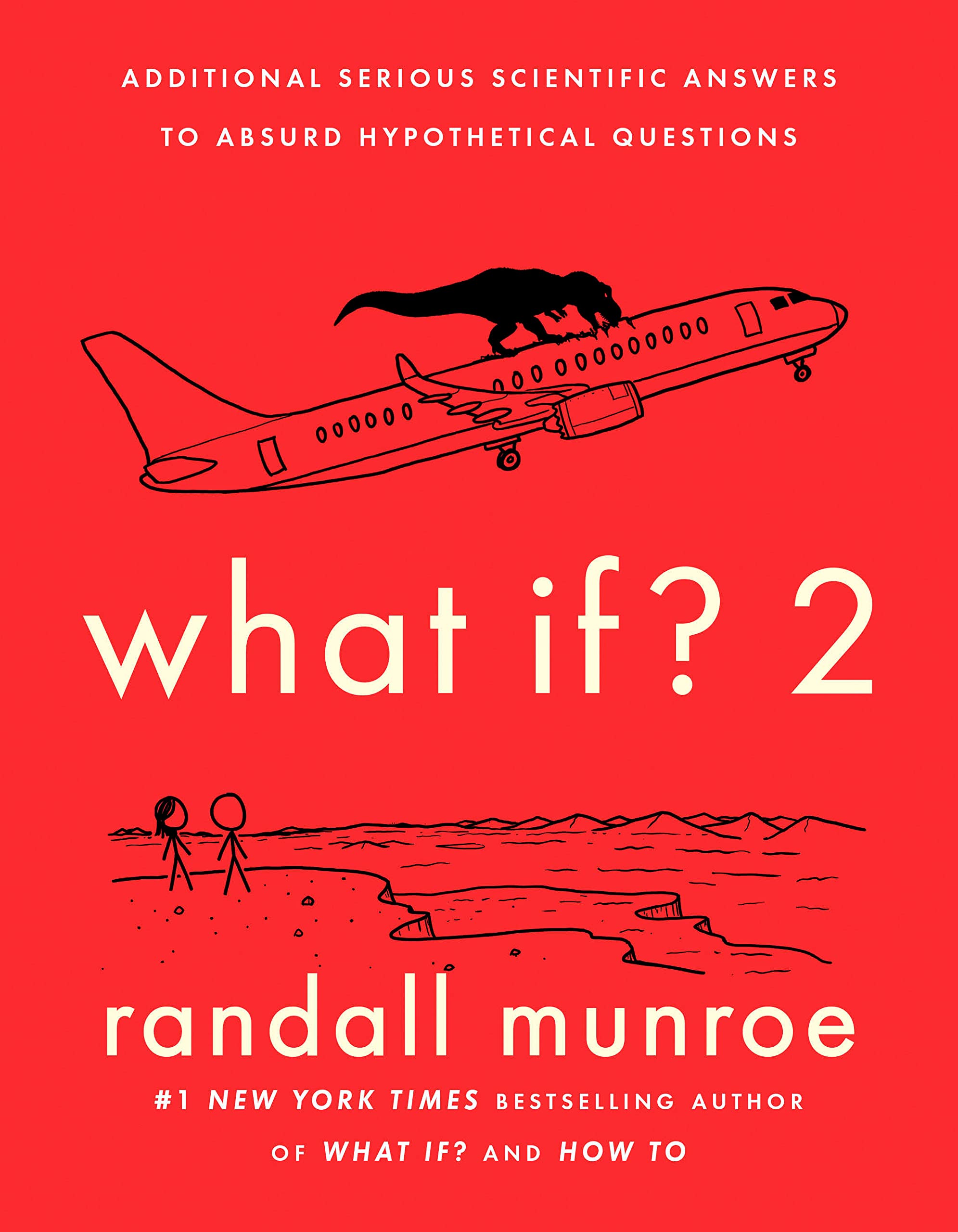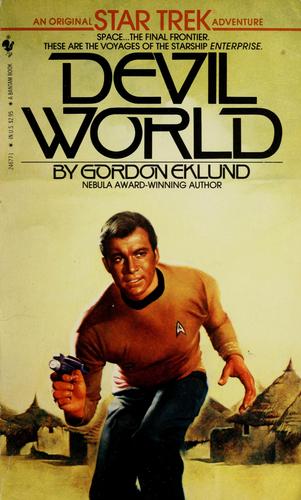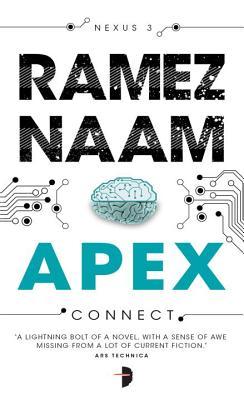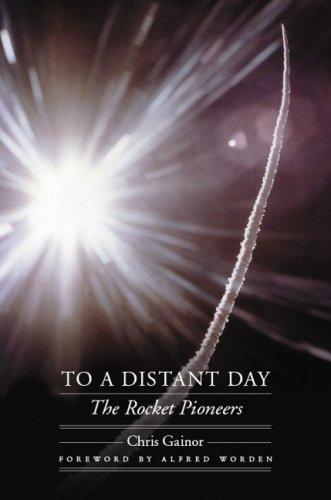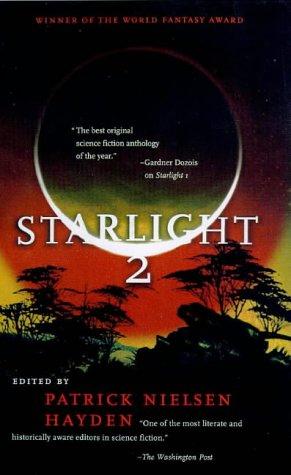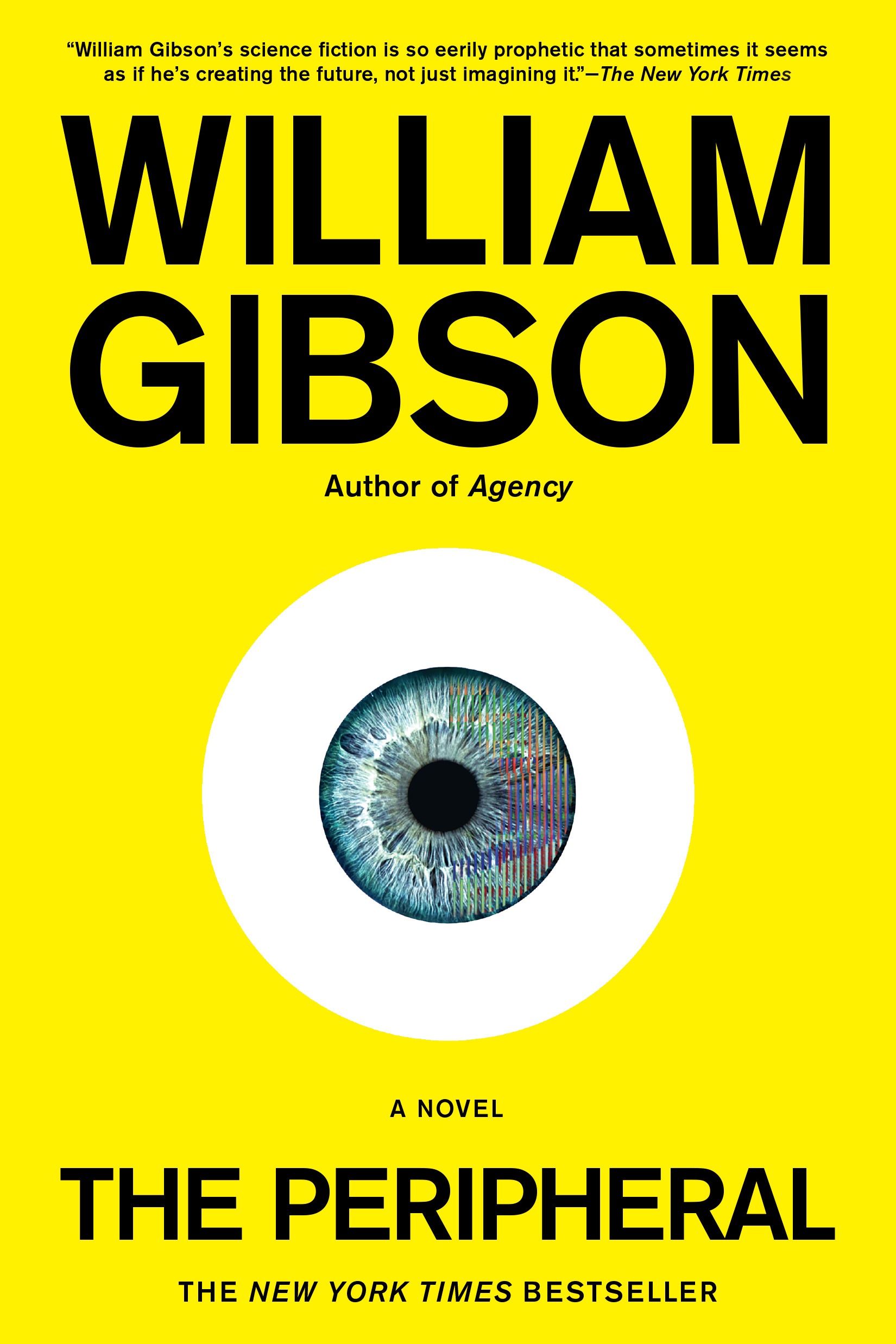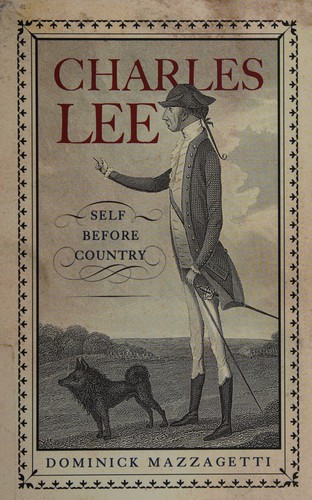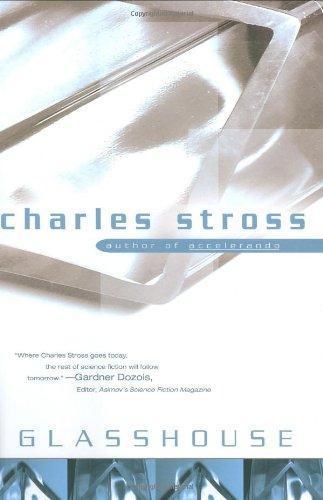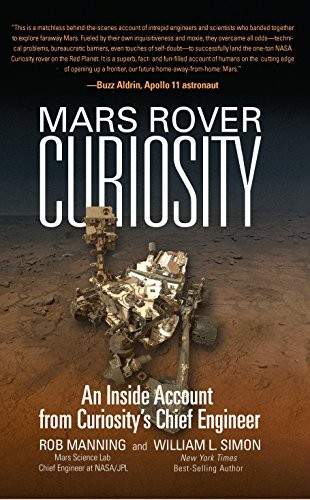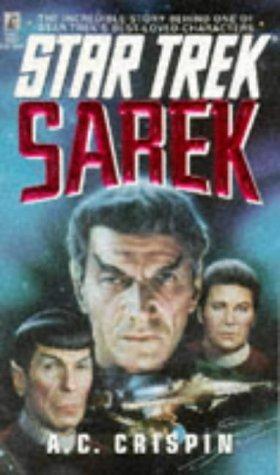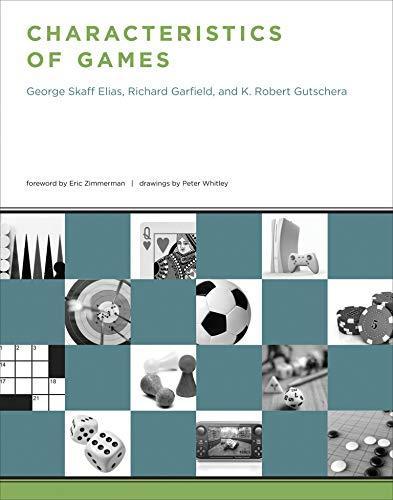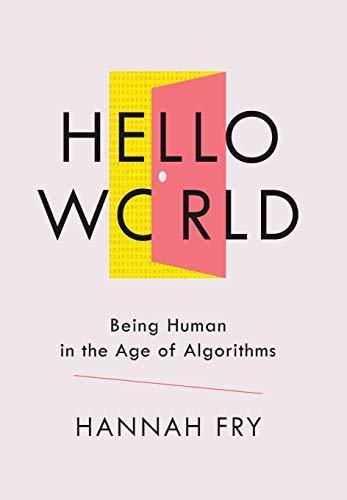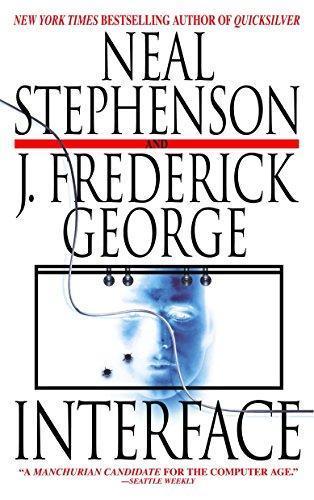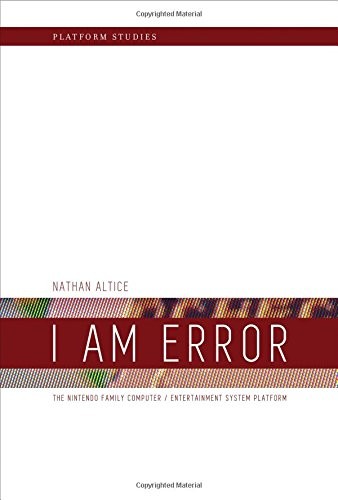Review of "To a Distant Day: The Rocket Pioneers (Outward Odyssey: A People's History of S)" on 'Goodreads'
3 stars
A very complete history of early rocketry in the US, Germany and Russia, including information only recently declassified. Both private investigations and military spending are factors in this complex narrative, culminating in Yuri Gagarin's famous first flight.
This book is part of the Outward Odyssey series, which provides both a history and a focus on the individuals involved in early rocketry and spaceflight. If followed [b:Into That Silent Sea: Trailblazers of the Space Era, 1961-1965|737303|Into That Silent Sea Trailblazers of the Space Era, 1961-1965|Francis French|https://i.gr-assets.com/images/S/compressed.photo.goodreads.com/books/1328821151l/737303.SY75.jpg|723482] in publishing, but preceded it in time. Unfortunately by comparison, it was just not as readable for me. This book also doesn't lend itself to being read aloud, and not just because of the foreign names and places.
At this point I definitely recommend the series, and look forward to finding and reading the rest. Overall rating 3.5 stars (out of 5).

